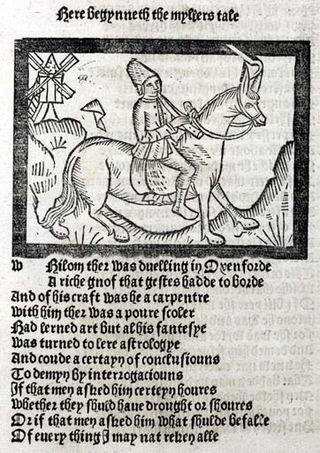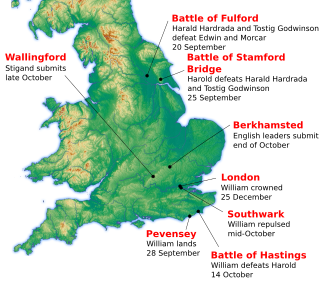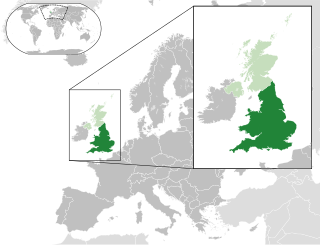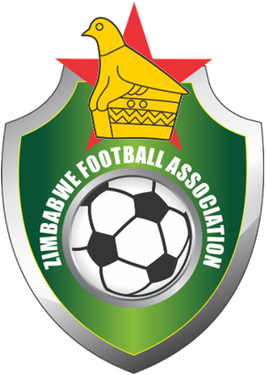Related Research Articles

William the Conqueror, sometimes called William the Bastard, was the first Norman king of England, reigning from 1066 until his death. A descendant of Rollo, he was Duke of Normandy from 1035 onward. By 1060, following a long struggle, his hold on Normandy was secure. In 1066, following the death of Edward the Confessor, William invaded England, leading an army of Normans to victory over the Anglo-Saxon forces of Harold Godwinson at the Battle of Hastings, and suppressed subsequent English revolts in what has become known as the Norman Conquest. The rest of his life was marked by struggles to consolidate his hold over England and his continental lands, and by difficulties with his eldest son, Robert Curthose.

The Battle of Hastings was fought on 14 October 1066 between the Norman-French army of William, Duke of Normandy, and an English army under the Anglo-Saxon King Harold Godwinson, beginning the Norman Conquest of England. It took place approximately 7 mi (11 km) northwest of Hastings, close to the present-day town of Battle, East Sussex, and was a decisive Norman victory.

Middle English is a form of the English language that was spoken after the Norman Conquest of 1066, until the late 15th century. The English language underwent distinct variations and developments following the Old English period. Scholarly opinion varies, but the University of Valencia states the period when Middle English was spoken as being from 1150 to 1500. This stage of the development of the English language roughly coincided with the High and Late Middle Ages.

The Norman Conquest was the 11th-century invasion and occupation of England by an army made up of thousands of Norman, French, Flemish, and Breton troops, all led by the Duke of Normandy, later styled William the Conqueror.
John Pearson may refer to:

England and Wales is one of the three legal jurisdictions of the United Kingdom. It covers the constituent countries England and Wales and was formed by the Laws in Wales Acts 1535 and 1542. The substantive law of the jurisdiction is English law.

The Kingdom of England was a sovereign state on the island of Great Britain from the early tenth century, when it was unified from various Anglo-Saxon kingdoms, until 1 May 1707, when it united with Scotland to form the Kingdom of Great Britain, which would later become the United Kingdom. The Kingdom of England was among the most powerful states in Europe during the medieval and early modern periods.

Colin Bell was an English professional footballer who played as a midfielder. Bell, known for his thirteen-year spell at Manchester City, is regarded as one of the club's greatest-ever players, and was part of the Bell–Lee–Summerbee trio in the late 1960s and 1970s. Bell made 48 appearances for the England national football team; he was an unused squad member at UEFA Euro 1968 and played in three matches at the 1970 FIFA World Cup.

Norman Hunter was an English professional footballer who played for Leeds United, Bristol City, Barnsley and the England national team. He also managed Barnsley and Rotherham United. A tough tackling centre-back and defensive midfielder, he won two League Championship medals and one FA Cup-winners medal with Leeds, for whom he played 726 games in total, scoring 21 goals.

The term Norman architecture is used to categorise styles of Romanesque architecture developed by the Normans in the various lands under their dominion or influence in the 11th and 12th centuries. In particular the term is traditionally used for English Romanesque architecture. The Normans introduced large numbers of castles and fortifications including Norman keeps, and at the same time monasteries, abbeys, churches and cathedrals, in a style characterised by the usual Romanesque rounded arches and especially massive proportions compared to other regional variations of the style.

The Zimbabwe national football team represents Zimbabwe in men's international football and is controlled by the Zimbabwe Football Association (ZIFA), formerly known as the Football Association of Rhodesia. The team has never qualified for the FIFA World Cup finals, but has qualified for the Africa Cup of Nations five times. Zimbabwe has also won the COSAFA Cup a record six times. The team represents both FIFA and Confederation of African Football (CAF).

The Norman Irish or Hiberno-Normans, also known as the Old English, are Irish families descended from Norman settlers who arrived during the Anglo-Norman invasion of Ireland in the 12th century, mainly from England and Wales. During the High Middle Ages and Late Middle Ages, the Hiberno-Normans constituted a feudal aristocracy and merchant oligarchy, known as the Lordship of Ireland. The Hiberno-Normans were also closely associated with the Gregorian Reform of the Catholic Church in Ireland and were responsible for the emergence of Hiberno-English.
William Dodgin was an English professional footballer who played as a left half and later served as a manager, coach and scout.

Vernon is a commune in the French department of Eure, administrative region of Normandy, northern France.

Maurice Norman was an English footballer who played nearly 400 times in the Football League as a centre half for Norwich City and Tottenham Hotspur. At international level, Norman won 23 caps for the England national team.

Anglo-Norman, also known as Anglo-Norman French, was a dialect of Old Norman that was used in England and, to a lesser extent, other places in Great Britain and Ireland during the Anglo-Norman period.
The following are the association football events of the year 2011 throughout the world.
Norman is both a surname and a given name. The surname has multiple origins including English, Irish, Scottish, German, French, Norwegian, Ashkenazi Jewish, and Jewish American. The given name Norman is mostly of English origin, though in some cases it can be an Anglicised form of a Scottish Gaelic personal name.
Norman Dodgin was an English footballer who played between 1947 and 1955. His predominant position was at defence.

The Normans were a population arising in the medieval Duchy of Normandy from the intermingling between Norse Viking settlers and locals of West Francia. The Norse settlements in West Francia followed a series of raids on the French northern coast mainly from what is now Denmark, although some also sailed from Norway and Sweden. These settlements were finally legitimized when Rollo, a Scandinavian Viking leader, agreed to swear fealty to King Charles III of West Francia following the siege of Chartres in 911, leading to the formation of the County of Rouen. This new fief, through kinship in the decades to come, would expand into what came to be known as the Duchy of Normandy. The Norse settlers, whom the region as well as its inhabitants were named after, adopted the language, religion, social customs and martial doctrine of the West Franks but their offspring nonetheless retained many of their traits, notably their mercenary tendencies and their fervour for adventures. The intermixing between Norse folk and native West Franks in Normandy produced an ethnic and cultural "Norman" identity in the first half of the 10th century, an identity which continued to evolve over the centuries.
References
- ↑ "Norman Bleanch". Barry Hugman's Footballers. Retrieved 3 June 2020.
- ↑ Norman Bleanch at Post War English & Scottish Football League A–Z Player's Transfer Database
